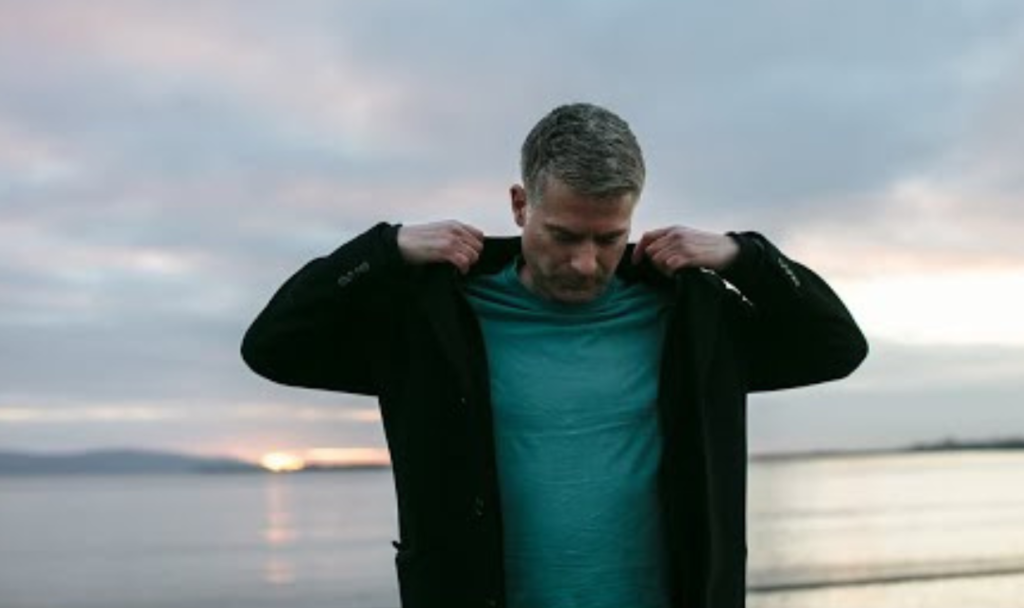In the ever-evolving landscape of radio broadcasting, European language DJs are pushing boundaries and ushering in a new era of creativity, diversity, and cultural exchange. From the bustling streets of Berlin to the sun-soaked shores of Barcelona, these visionary broadcasters are redefining the airwaves, captivating audiences with their unique blend of music, commentary, and linguistic flair.
One of the most striking aspects of this phenomenon is the diverse array of languages being showcased on the airwaves. In a world where English often dominates the music industry, these DJs are proudly broadcasting in their native tongues, celebrating linguistic diversity and providing a platform for underrepresented voices. Whether it’s French electro-pop, Italian hip-hop, or Spanish reggaeton, listeners are treated to a rich tapestry of sounds that reflect the vibrant cultural tapestry of Europe.
Take, for example, DJ Elena from Rome, whose eclectic mix of Italian indie rock and underground electronic music has garnered a dedicated following both locally and abroad. Through her show, she not only introduces listeners to emerging Italian artists but also provides insights into the country’s music scene and cultural landscape. By broadcasting in Italian, she adds a layer of authenticity and intimacy that resonates deeply with her audience, fostering a sense of connection and community.
Similarly, in Berlin, DJ Hans brings his listeners on a journey through the city’s legendary techno scene, blending pulsating beats with insightful commentary on the social and political issues facing Germany today. With his distinctive Berliner accent and playful banter, he creates a dynamic listening experience that captures the spirit of the city’s underground nightlife. Through his show, he invites listeners to explore the intersection of music, culture, and identity in contemporary Germany.
But it’s not just about the music – these DJs are also using their platforms to address important social issues and promote positive change. In Paris, DJ Marie hosts a weekly radio show dedicated to promoting gender equality in the music industry, highlighting female artists and challenging stereotypes within the male-dominated world of electronic music. Her passionate advocacy has sparked conversations and inspired action both within the industry and beyond, demonstrating the power of radio as a tool for social justice.
Meanwhile, in Barcelona, DJ Carlos uses his platform to raise awareness about environmental issues, showcasing music that celebrates nature and sustainability. Through his show, he aims to inspire listeners to take action in their own lives and communities, whether it’s reducing their carbon footprint or supporting local eco-friendly initiatives. By combining his passion for music with a commitment to environmental activism, he demonstrates the potential of radio to inform and inspire positive change.
Of course, navigating the world of radio broadcasting is not without its challenges, particularly for DJs operating in non-English languages. Limited airtime, competition from mainstream stations, and financial constraints can all pose obstacles to success. However, these DJs are undeterred, harnessing the power of social media, online streaming platforms, and grassroots networks to reach audiences far and wide.
In many ways, the rise of European language DJs represents a broader cultural shift towards embracing diversity and inclusivity in the media. As audiences increasingly seek out authentic voices and alternative perspectives, these DJs are at the forefront of a movement to reclaim the airwaves and redefine the boundaries of mainstream radio. Through their passion, creativity, and unwavering dedication, they are not only enriching the cultural landscape of Europe but also inspiring listeners around the world to tune in, turn up the volume, and join the conversation.
In conclusion, the European language DJs are not just spinning records; they are weaving together a tapestry of sound, culture, and community that transcends borders and bridges divides. From Rome to Berlin, Paris to Barcelona, they are taking radio to new realms, one language at a time. So, the next time you tune in, remember to listen not just with your ears but with your heart – because behind every beat is a story waiting to be told.



